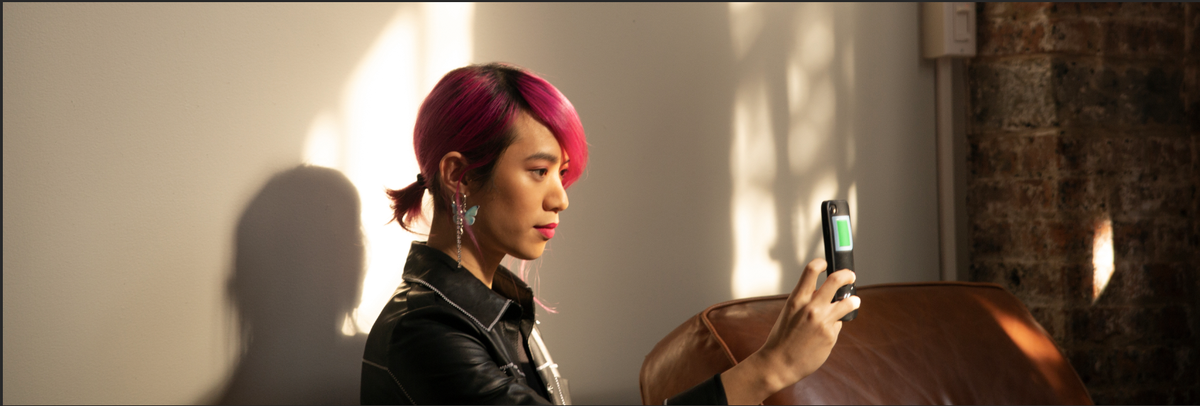As shelter-in-place orders continue around the country, many Americans are struggling with feelings of isolation and loneliness. Slightly more Americans are reporting feelings of loneliness during the pandemic compared with last year.
About three in 10 (31%) Millennials in this survey said they were always or often lonely before coronavirus - similar to the findings from a July 2019 survey from YouGov which was cited in Vox, Psychology Today, Inc., and other media.
Thinking of their experiences during the pandemic, 26 percent of US adults say they’ve been feeling lonely in recent weeks. Almost two in five (38%) Millennials reported feeling lonely during the COVID-19 outbreak.
But many, it seems, were struggling with these feelings even before coronavirus. When asked to think about their life and their friendships before the COVID-19 outbreak, 19 percent of US adults in this YouGov poll said that they were always (7%) or often (12%) lonely.
Millennials are 15 percentage points more likely than Gen X (23%) and 20 percentage points more likely than Baby Boomers (18%) to say they’ve felt lonely “always” or “often” since the beginning of the pandemic.
Feelings of loneliness may be having an effect on people’s mental health.
About one-quarter (24%) of Americans say that they believe their overall mental health has worsened during the coronavirus outbreak. Millennials (30%) are especially likely to say this. Meanwhile, about half (52%) of US adults say they don’t think their mental health has improved or worsened during the outbreak.
Among those who report they have been lonely during the COVID-19 pandemic, 49 percent of this group believes that their mental health has worsened.
Data from a separate YouGov poll of more than 14,000 Americans finds that one in 10 Americans has sought mental health counseling at some point during the pandemic. Those who are between 25 and 34 years old are especially likely (18%) to have sought mental health counseling during this time.
Additional data suggests that about one-quarter (25%) of Americans are finding it difficult to maintain social connections during the pandemic.
Among those who say it’s been difficult to maintain social connections, 35 percent say one of the reasons why is because they feel awkward talking over video or on the phone. A similar number (34%) say it’s because their usual social activities don’t have a virtual equivalent, while 32 percent feel awkward reaching out to friends or family to schedule a virtual chat.
Slightly fewer cite their mental health condition (26%), their friends/acquaintances being too busy (13%), being too busy themselves (12%), and/or a lack of knowledge around communication technology (9%) as reasons why it’s been difficult to maintain social connections during the COVID-19 pandemic.
See full results here.
Methodology: Total unweighted sample size was 1,249 US adults, including 392 Millennials, 346 Gen X’ers and 412 Baby Boomers. Survey was conducted online between April 20 - 21, 2020. The figures have been weighted and are representative of all US adults (aged 18+).
Related:
- Millennials are the loneliest generation
- YouGov/Imperial College Study finds one in six people around the world find it hard to self-isolate
- How Americans are holding up amidst the crisis
Image: The Gender Spectrum Collection











